The harsh reality of youth football in Indonesia and Malaysia
After the U23 Indonesia team failed to qualify for the U23 Asian Cup, coach Gerald Vanenburg made a lengthy speech criticizing the country’s youth football training. In it, he pointed out two main issues. The first was the physical problem, saying that the young players could only run for 60 minutes. The second was that they had too little experience playing at the club.
The Dutch coach made these statements when the risk of being fired was hanging over his head. But in any case, perhaps, that was the heartfelt message that coach Gerald Vanenburg just sent to the football people of Indonesia.
Indonesia U23 failed to qualify for the AFC U23 Championship. Remember, a year ago, they reached the semi-finals of the tournament (Photo: PSSI).
Many people compare him to coach Shin Tae Yong, who helped Indonesia U23 reach the semi-finals of the U23 Asian Cup last year. However, it should be remembered that the Indonesian U23 squad at that time included many naturalized players who played for the national team. At this time, Indonesia U23 only has one reliable naturalized player, Rafael Struick. However, this striker has also declined and lost his position in the Indonesian team.
That shows that, as soon as they “rely” on the local force, U23 Indonesia has “shown its true form” of weakness. It cannot be justified that they were eliminated because they were in the same group with U23 Korea. Remember, U23 Indonesia themselves destroyed their own chances when they were held to a 0-0 draw by U23 Laos.
For the second time in a few months, coach Gerald Vanenburg has suffered the fate of a loser when leading the Indonesia U23 team. In July, he apologized when the team lost the Southeast Asian U23 championship right on home soil after losing to the Vietnam U23 team.
Going back in time, to the time when coach Shin Tae Yong had just led the Indonesian team. Right in the first training sessions, the Korean strategist criticized the quality of Indonesian players. In it, he also emphasized that their physical strength was only enough to play for 60 minutes.
Indonesian youth football is being greatly affected by the naturalization policy (Photo: AFC).
In that context, the Indonesian Football Federation (PSSI) made a turning point decision, which was to massively naturalize European players (mainly Dutch) of Indonesian origin, instead of focusing on developing the roots, which is youth training.
Basically, PSSI’s approach saved Indonesian football a lot of time, money and opportunities. They immediately transformed into a challenger in Asia with a very splendid “new coat”. Up to this point, Indonesia became the only team in Southeast Asia to enter the 4th qualifying round of the World Cup.
However, the question is what is behind the “gorgeous coat”? It could be a series of worries and an uncertain future. Coach Vanenburg expressed: “The process of naturalizing players of European origin in Indonesian football is not a fundamental solution. If naturalized players do not play regularly at their home clubs, they will decline, and the national teams will also decline.”
This is also a problem that Indonesian experts have raised. The failure of the U23 team (previously U17, U20) shows that Indonesian football has almost no successor force for the current naturalized stars. Not to mention, the Indonesian team also failed miserably, unable to pass the group stage of the AFF Cup 2024 when using local forces.
Will they wait for the new generation of naturalized players to be trained in Europe? I am afraid that is a risky proposition when Indonesia cannot decide on its own source of players for the future. They are no different from entrusting their fate to others.
The anxiety of Indonesian football is also the mood of Malaysia at this time. In a situation where it is almost impossible to compete, Malaysia also massively naturalized players from Europe and South America. As a result, the Malaysian team won all three matches against Vietnam, Singapore, Palestine and rose to 123rd place in the world .
However, the U23 Malaysia team failed miserably in tournaments such as the U23 Southeast Asia and the U23 Asia qualifiers. The Malaysian team (at the time of not being naturalized) also stopped early in the group stage of the AFF Cup 2024.
Like Indonesia, behind the flashy facade of naturalized players, Malaysian football is only uncertain.
Malaysian youth football is seriously regressing as the national team prioritizes using naturalized players (Photo: FAT).
Both Indonesia and Malaysia understand that it is impossible to both naturalize massively and ensure the development of youth football in the right direction. In the context of having to rise at all costs, they both choose to naturalize. Of course, with each naturalized player debuting for the national team or U23, the opportunity for local players in Indonesia and Malaysia will decrease accordingly.
This is a way of playing football with trade-offs. In some ways, the U23 Indonesia and U23 Malaysia teams are suffering the negative consequences of the massive naturalization policy.
Experience has shown that in the past, no team in Asia has had long-term success when relying entirely on naturalized players. Chinese football is having to “start over” after a period of massive naturalization. Similarly, Singapore is only a shadow of its former self compared to its golden age of naturalization. That is a warning to Indonesia and Malaysia at this time.
U23 Vietnam on the right track
In the latest article, Suara (Indonesia) newspaper said that U23 Vietnam deserves to be a model for Indonesian football to learn from. U23 Vietnam has played successfully and consistently in the U23 Asian tournaments, winning the runner-up position in the 2018 tournament. In the two recent tournaments in 2022 and 2024, U23 Vietnam reached the quarter-finals.
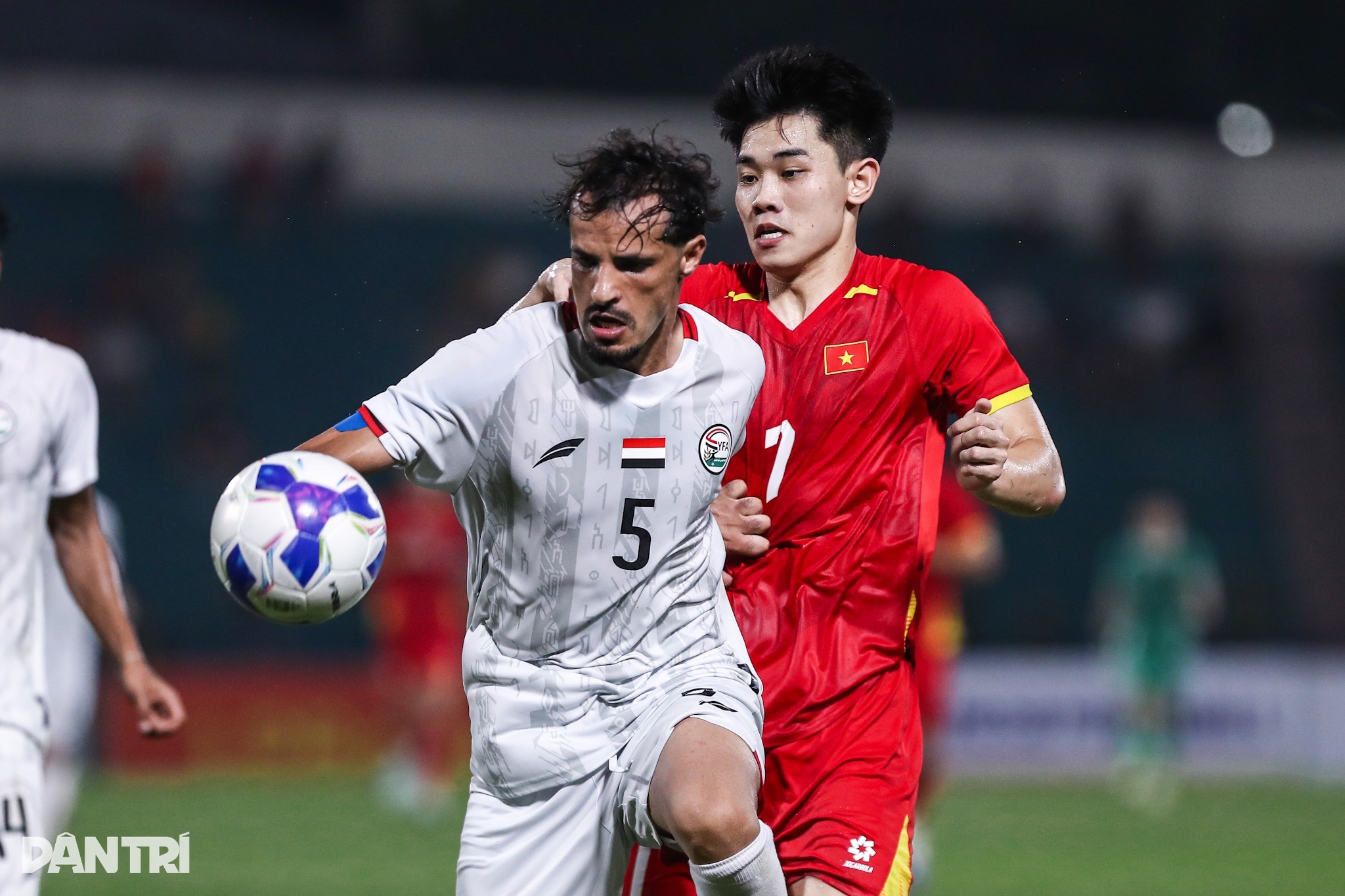
Vietnam U23 participated in the U23 Asian tournament for the 6th consecutive time (Photo: Minh Quan).
Meanwhile, U23 Indonesia has taken the audience through a “roller coaster of emotions”. A year ago, this team reached the semi-finals of the U23 Asian Cup and almost got a ticket to the Olympics. Now, they cannot pass the qualifying round of the tournament. The difference lies in the number of naturalized players in the two stages.
“Vietnamese football has persisted with its youth training policy, so it has continued to reap success. Indonesia must consider the success of Vietnamese football as a driving force to improve youth football,” Suara newspaper emphasized.
Of course, it is difficult to consider the performance of U23 Vietnam in the recent U23 Asian qualifiers as a success. Coach Kim Sang Sik's team still has too many problems, the most prominent of which is the ability to finish. However, those are things that we can completely overcome in the future.
Importantly, U23 Vietnam is still on the right track when winning tickets to the Asian tournament and competing with big teams. It is like a connecting thread from the time of Coach Park Hang Seo (2018), Gong Oh Kyun (2022), Troussier (2024) and now Kim Sang Sik (2026). Each person has their own color but they all help Vietnamese football to be present and make an impression in the Asian tournament.
Although it still doesn’t create a sense of security for fans, the generation of Van Khang, Quoc Viet, Van Truong, Dinh Bac… is still considered a talented generation. They have many years of playing together at the youth level, and many of them have even been trained in the national team. They have become a team that is hard to beat.
They still maintained their winning streak from their journey to the U23 Southeast Asian Championship (conceding only two goals) and qualifying for the U23 Asian Championship (conceding no goals). In addition, U23 Vietnam does not depend on any individual. Many new players only came to light after being trusted by coach Kim Sang Sik to give them opportunities such as Hieu Minh, Ngoc My, Van Thuan or Thanh Nhan.
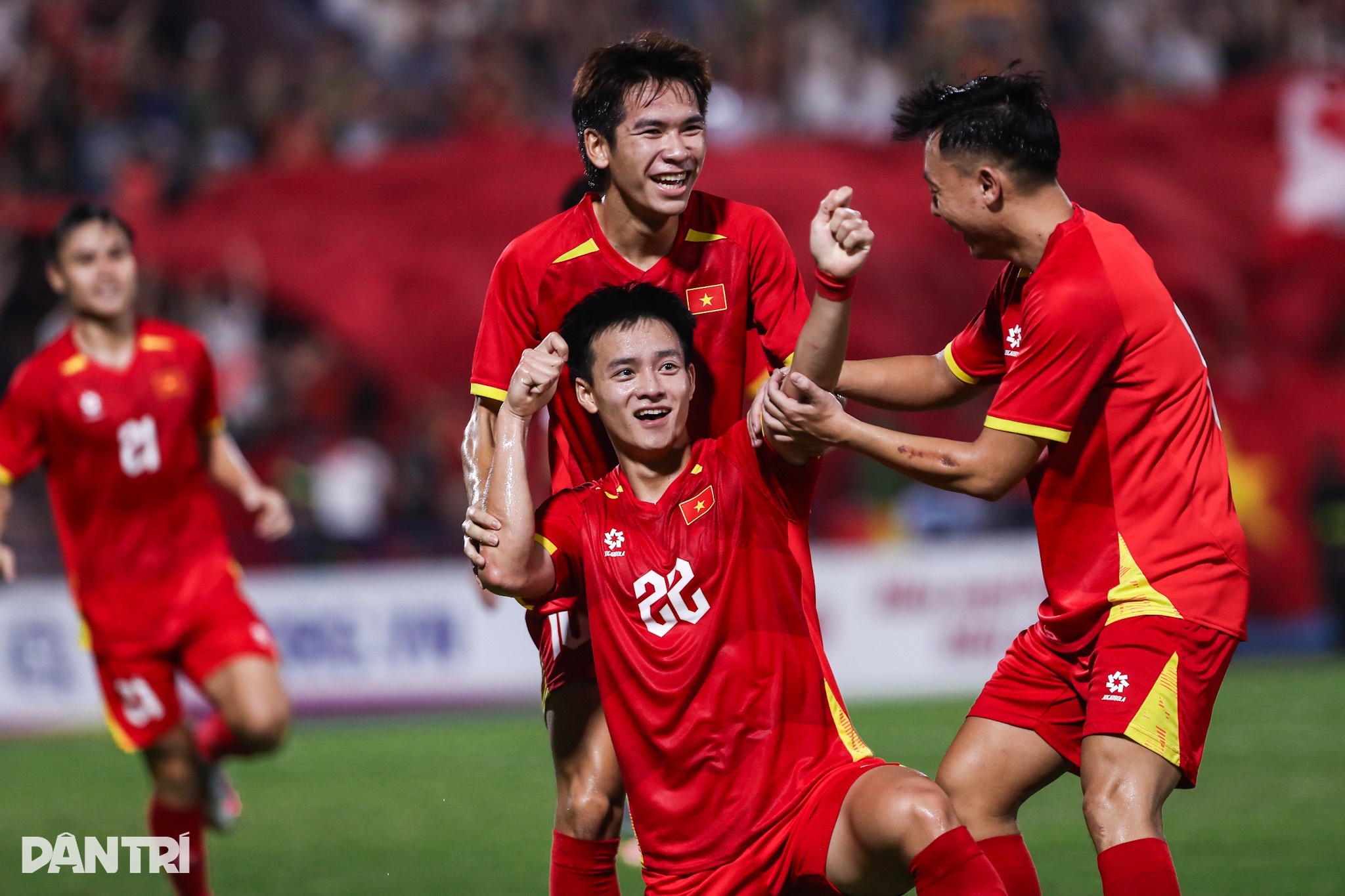
Although not really convincing, U23 Vietnam is still developing in the right direction (Photo: Minh Quan).
The uniformity of the players helps coach Kim Sang Sik have more options and many surprise moves. Remember, all three victories of U23 Vietnam in the qualifying round of the U23 Asian Cup were decided by players coming off the bench: Viktor Le (Bangladesh), Van Thuan (Singapore) and Thanh Nhan (Yemen).
U23 Vietnam is rising and reaping success amid doubts. But the more so, the more people cannot predict the "critical point" of the team. It can be said that Coach Kim Sang Sik has built a team that can withstand pressure very well and quietly rise.
Where will the journey of U23 Vietnam in the Asian tournament go? No one can know in advance. That is what makes this team interesting. But for now, the team's goal is to win the SEA Games 33 championship at the end of the year. If they continue to succeed, U23 Vietnam will continue to show Southeast Asian teams that we are still on the right track in developing youth football.
The AFC U23 Championship finals will take place from January 7 to January 25, 2026, with the participation of 16 teams including U23 Saudi Arabia (host), U23 Jordan, U23 Japan (B), U23 Vietnam, U23 Australia, U23 Kyrgyzstan, U23 Thailand, U23 Iraq, U23 Qatar, U23 Iran, U23 South Korea, U23 Syria, U23 China, U23 Uzbekistan, U23 Lebanon and U23 UAE.
Source: https://dantri.com.vn/the-thao/trai-dang-nhap-tich-cua-indonesia-malaysia-va-khang-dinh-tu-u23-viet-nam-20250912015504015.htm


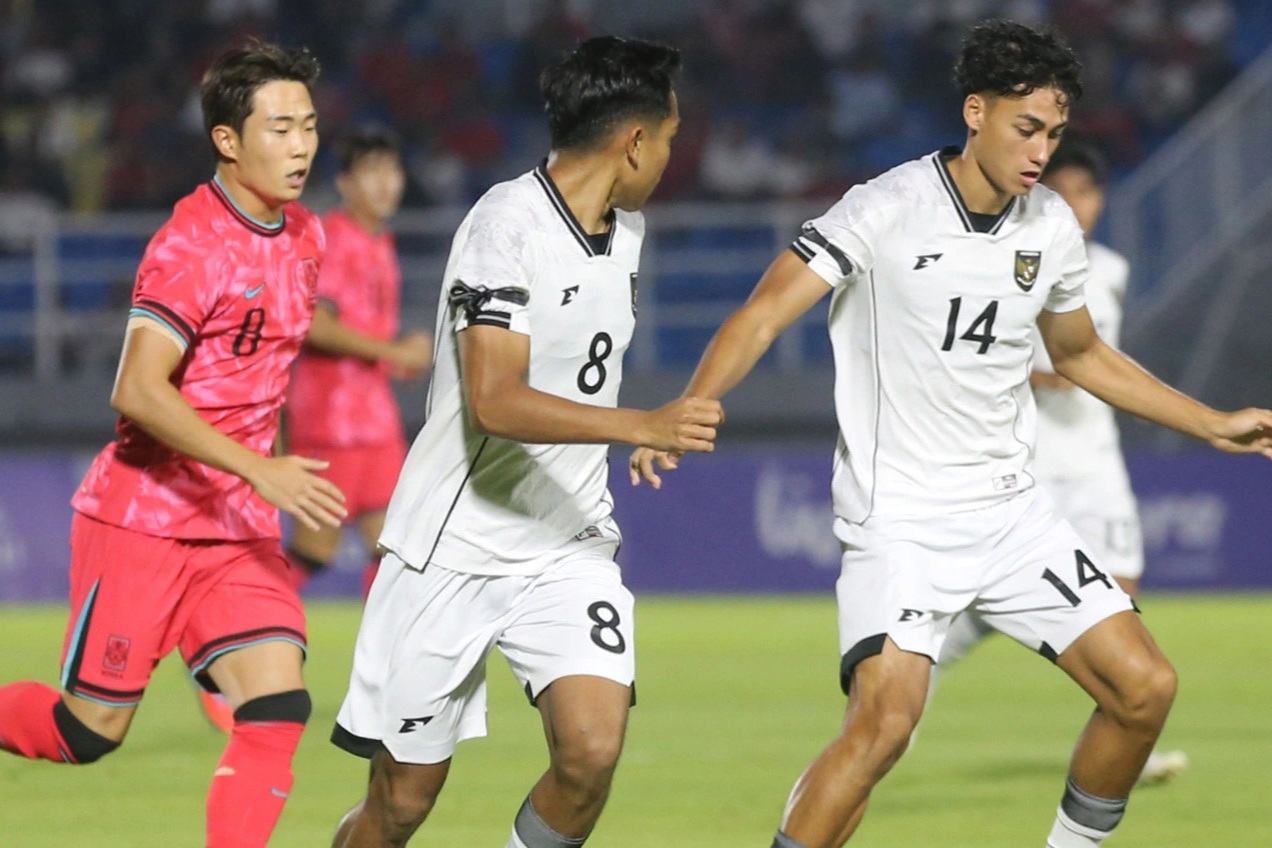
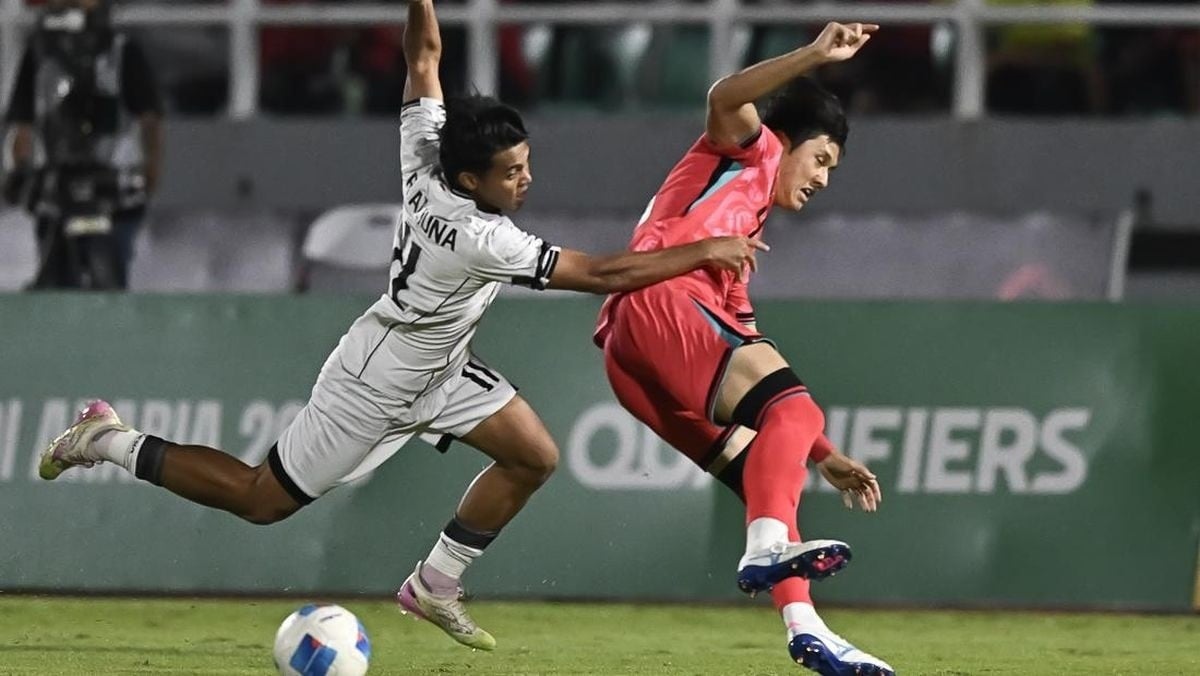
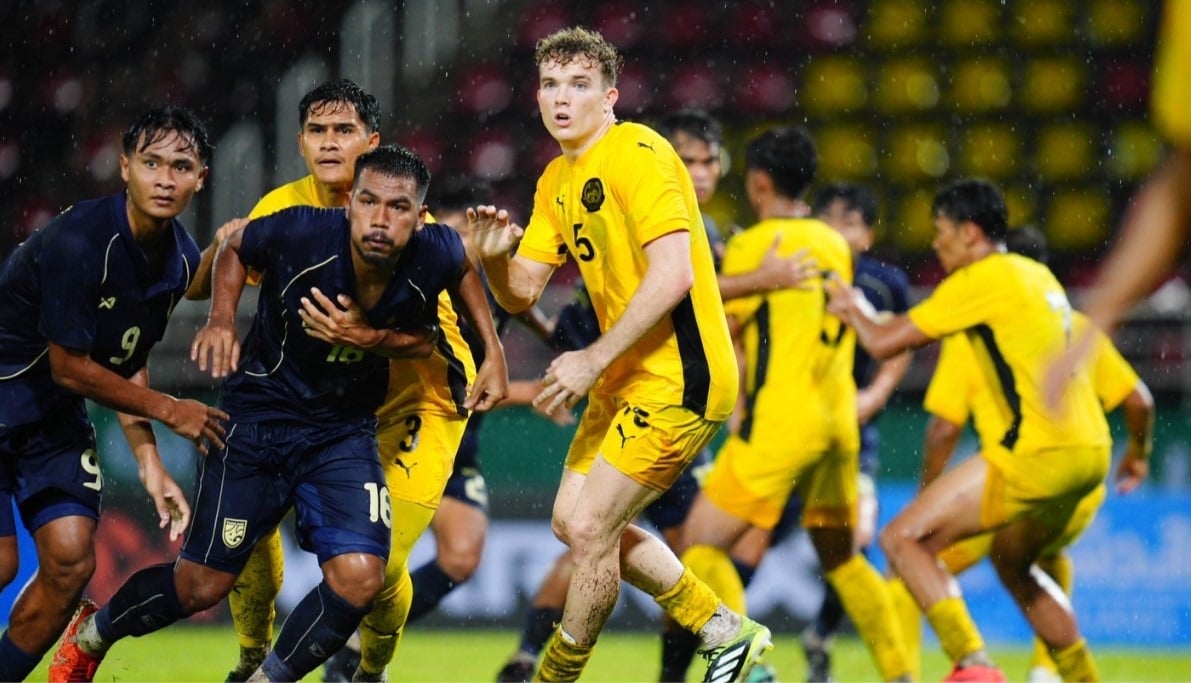


![[Photo] National Assembly Chairman Tran Thanh Man attends the inauguration ceremony of the Memorial Site of National Assembly Standing Committee Chairman Bui Bang Doan](https://vphoto.vietnam.vn/thumb/1200x675/vietnam/resource/IMAGE/2025/9/28/6feba23492d14b03b05445dd9f1dba88)





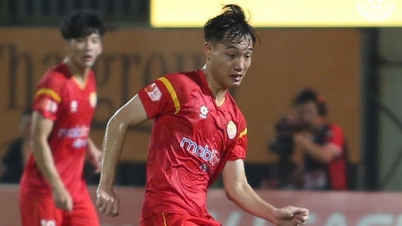

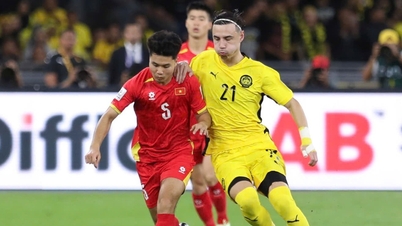
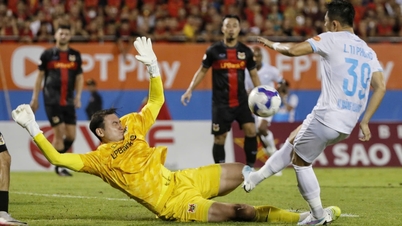

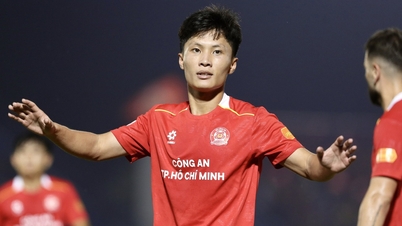
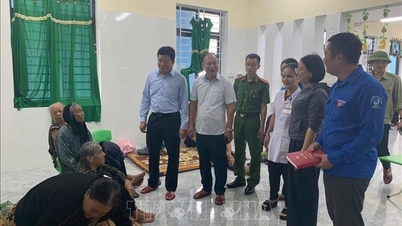

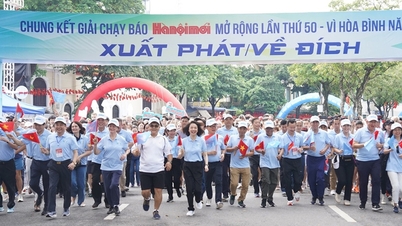



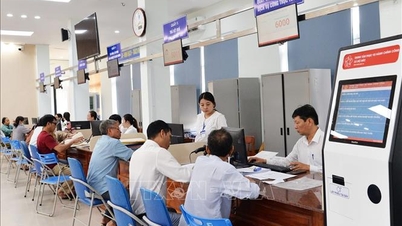

































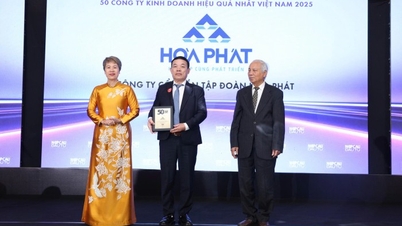




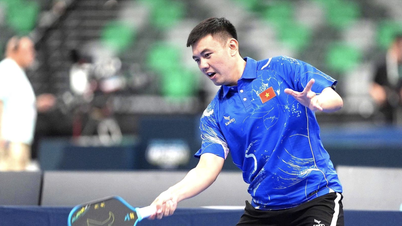







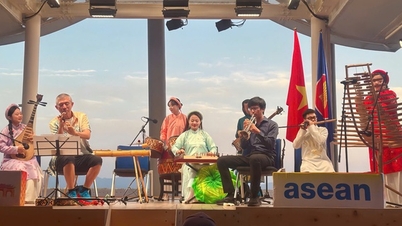










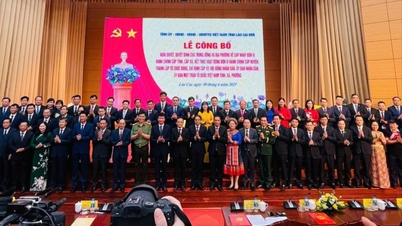
















Comment (0)